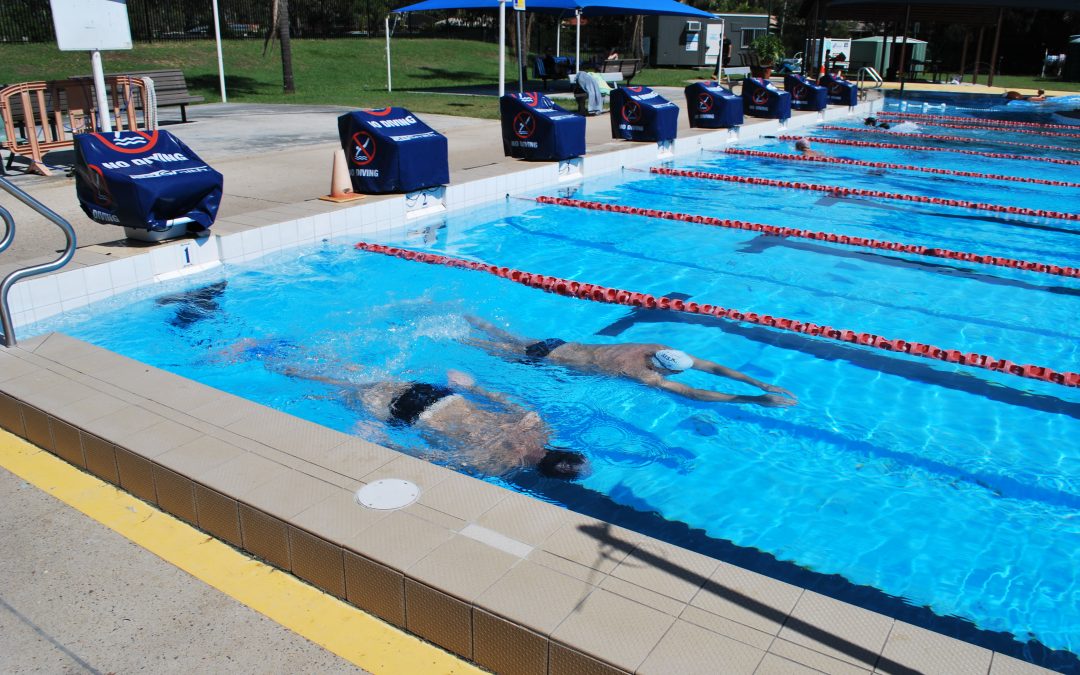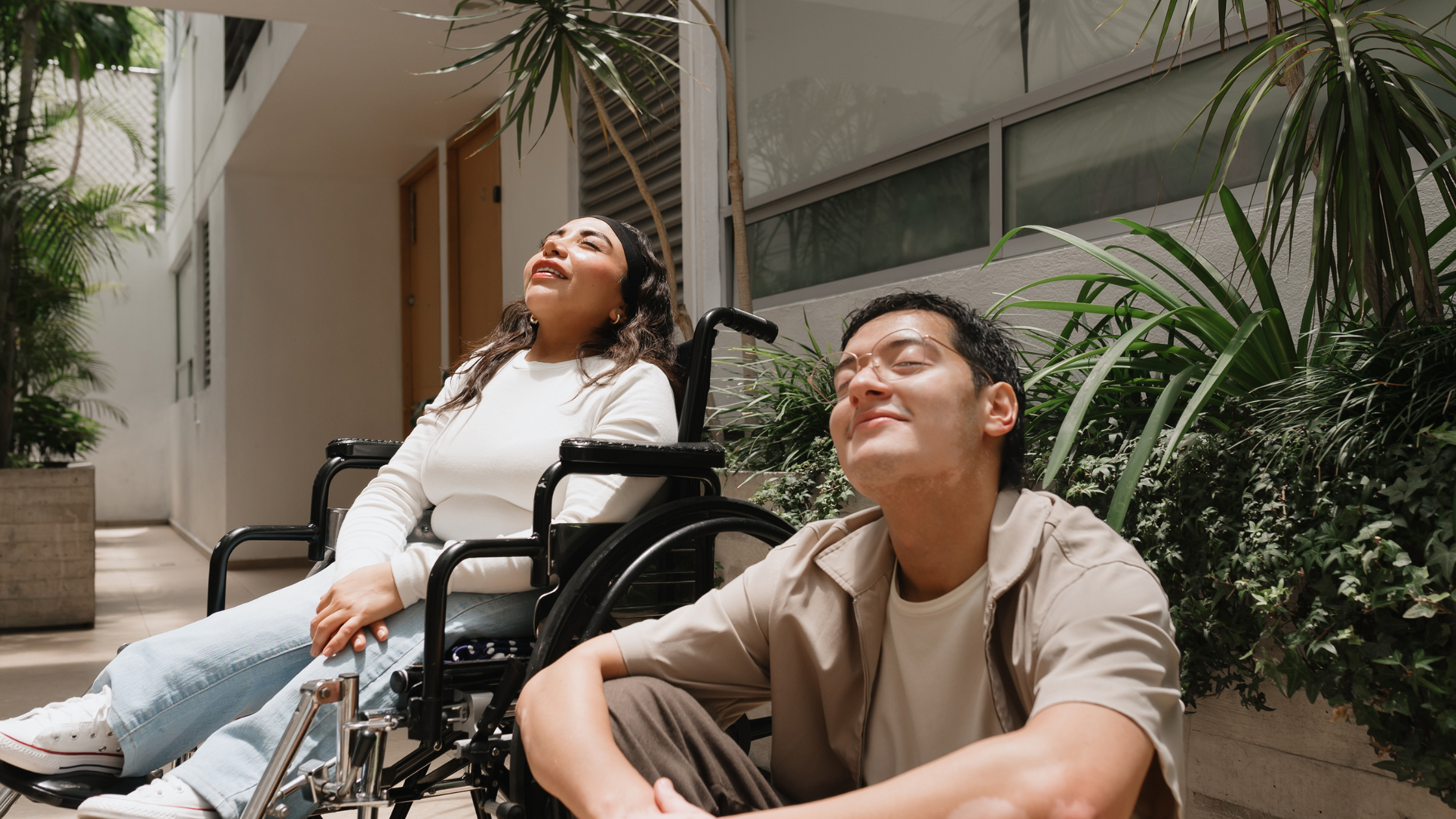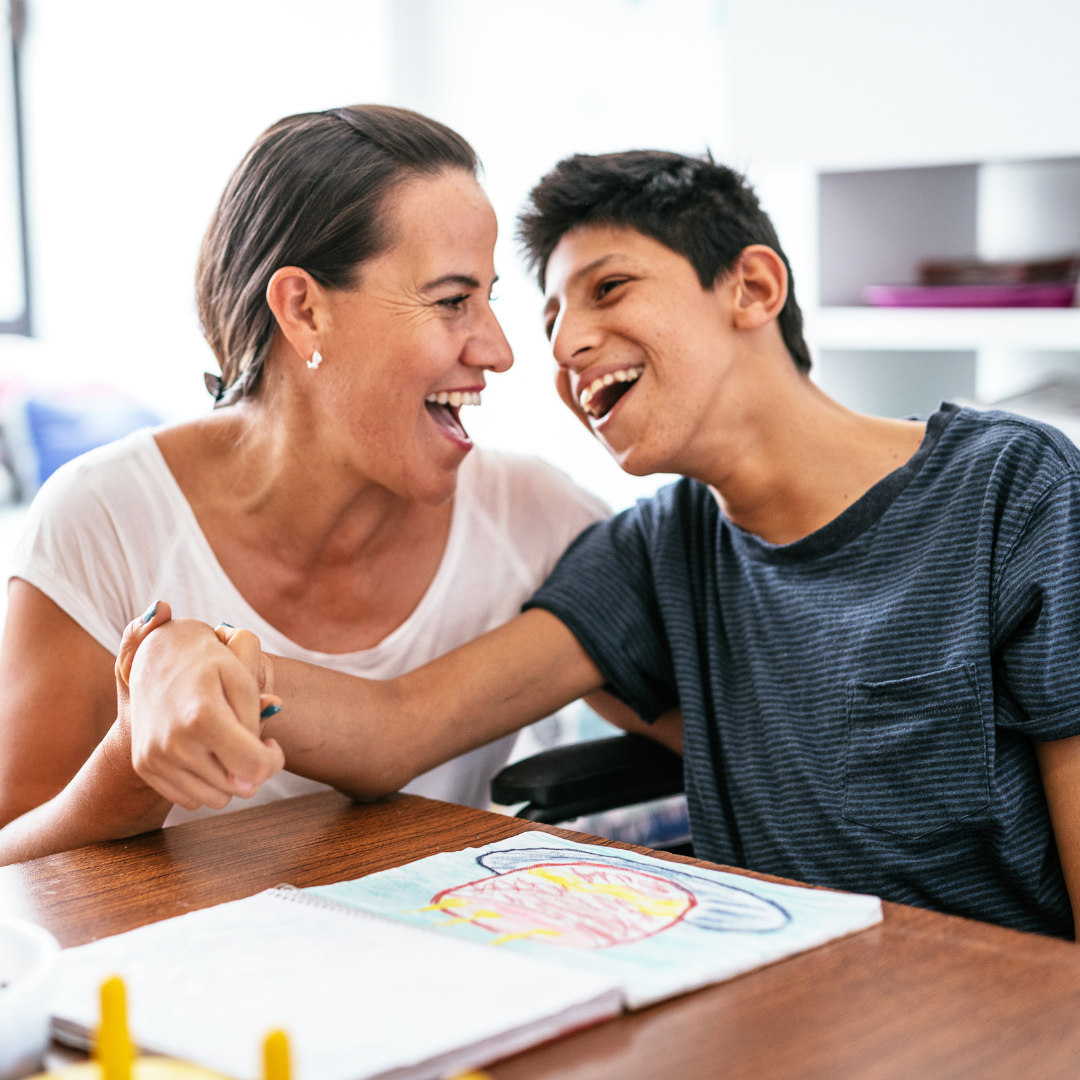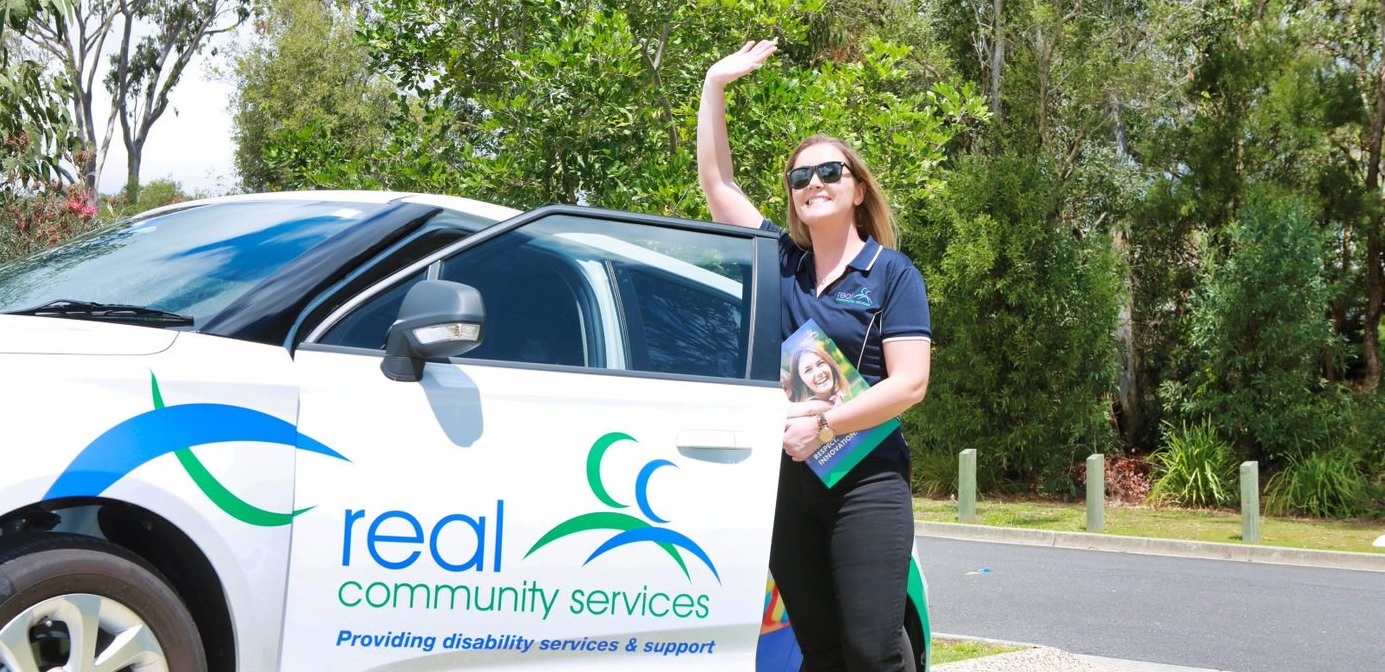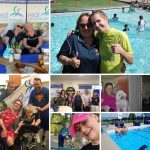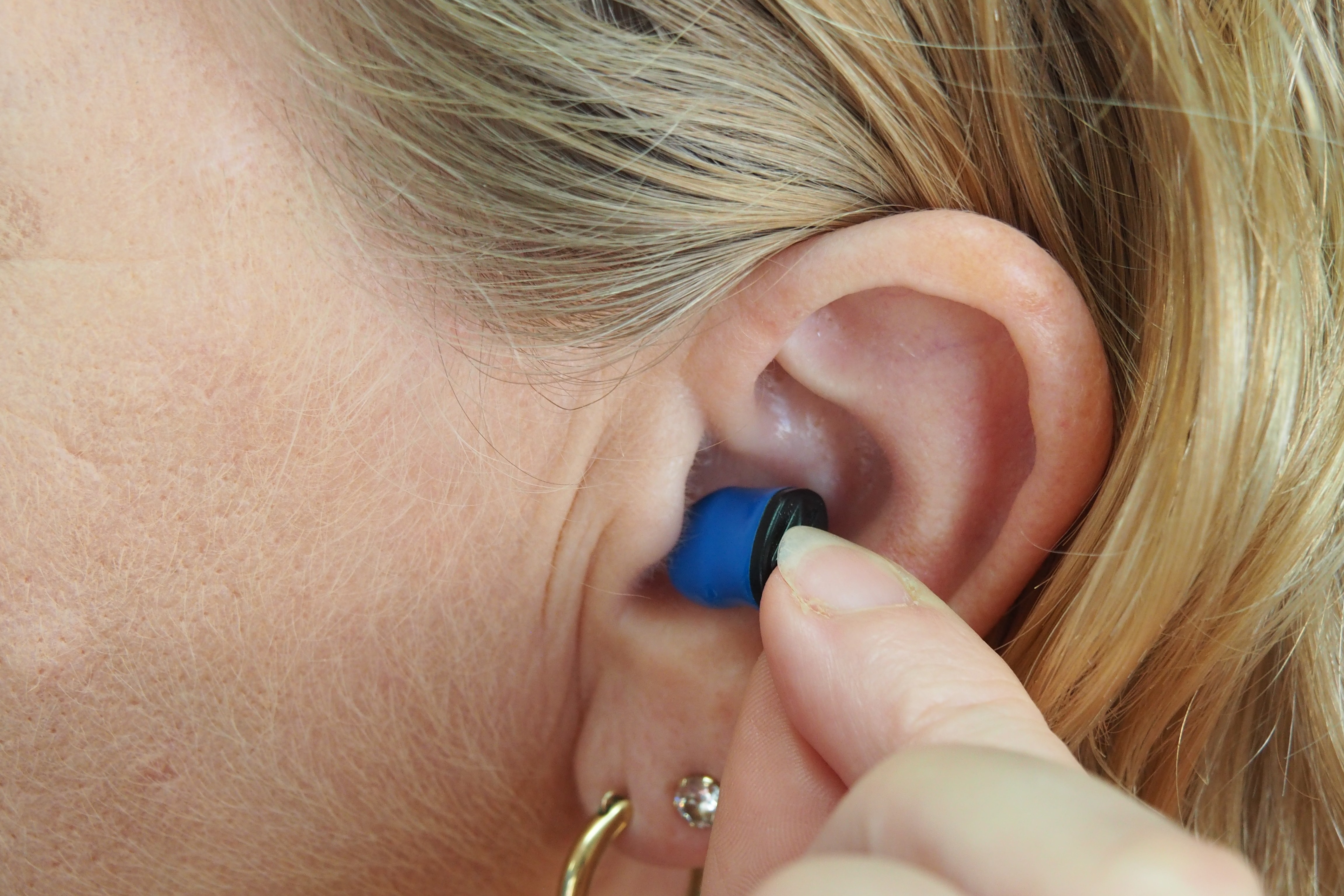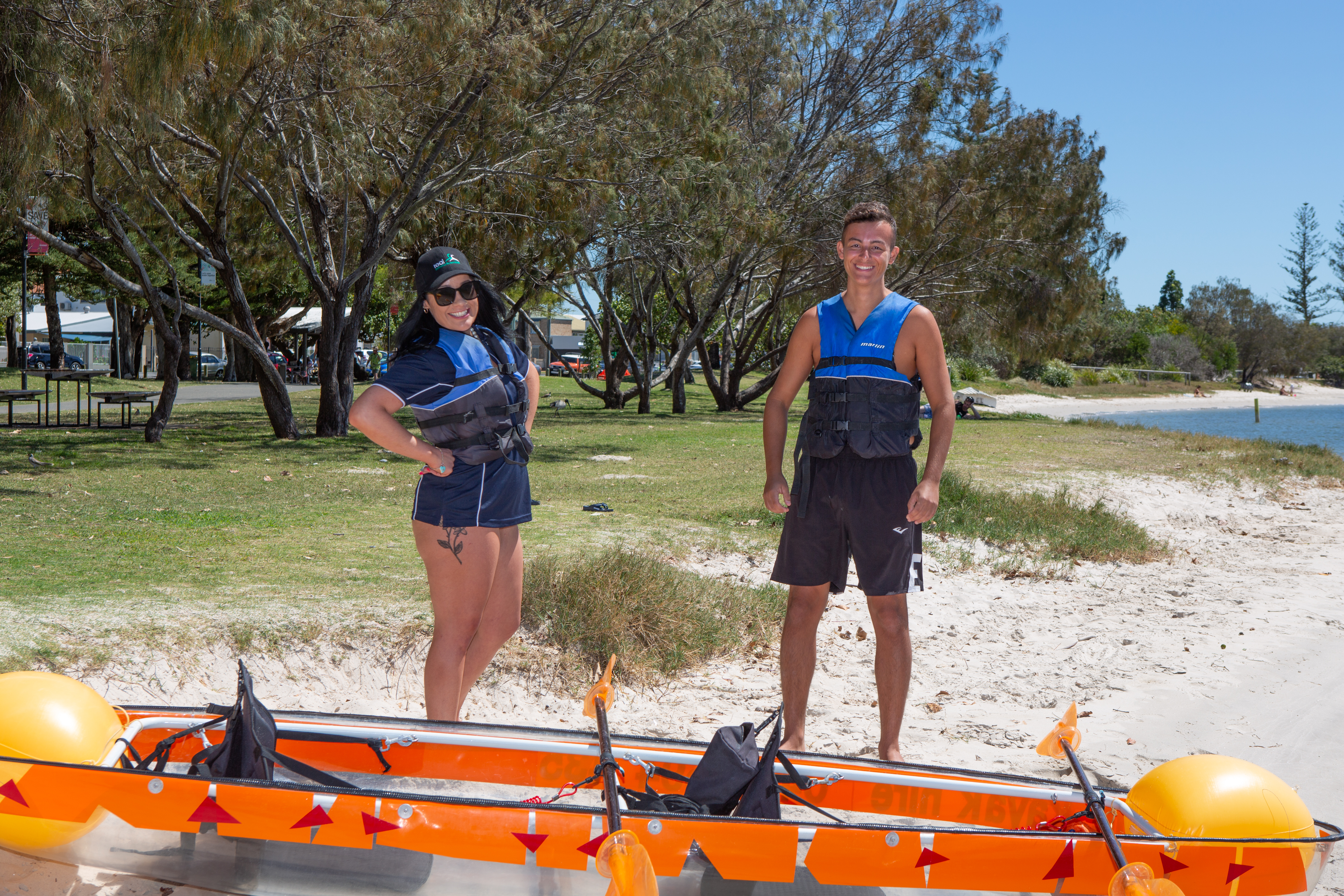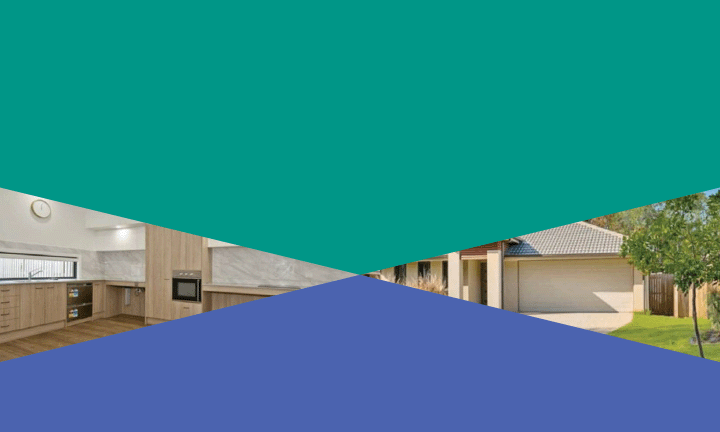If a friend or loved one has recently been affected by a brain injury, you might be feeling a little lost and wondering how this will affect them long-term. And while brain injuries are a serious medical condition, it’s important to know that brain injuries are more common than you might think with over 700,000 Australians living with this hidden disability.
What exactly is an acquired brain injury?
Brain injuries can also be referred to as an acquired brain injury, or “ABI”, and are defined by Brain Injury Australia as any damage to the brain that occurs after birth and is caused by:
- An accident or trauma
- Stroke
- Brain tumours or infections
- Alcohol or other drug abuse
- Poisoning
- Lack of oxygen
- Degenerative neurological disease like Parkinson’s disease.
Symptoms of a brain injury can range from mild, moderate, to severe and can cause easily identifiable physical changes and disabilities as well as cognitive disabilities including changes to a patient’s thinking, emotions and behaviours.
Caring for someone with a brain injury
What you can do to help someone suffering from a brain injury will depend greatly on their individual case, their surrounding support system, and the treatment plan put in place by their doctor and rehab specialist.
Some general tips on how to care for an ABI include:
Make sure they get plenty of rest.
Like any injury or illness, rest should be made a top priority to allow the body and brain some time to repair and recover. This also means limiting the number of visitors during recovery and ensuring that the rehab plan put in place from the doctor matches their energy levels and ability.
Prevention is to causing further damage.
Always check with their doctor first before resuming regular activity like driving or exercise, and be conscious of situations that could cause further damage – this includes avoiding alcohol and smoking, and being conscious of physical situations like falls due to uneven ground or narrow/steep stairways.
Help them become organized.
If the patient is suffering from cognitive changes including memory loss it may be hard for them to remember who certain visitors are, where they put things, appointments they need to keep, or even how to accomplish everyday tasks. You can help by writing them lists, making sure items around the home like cabinets and draws are easily labelled, and explaining activities as much as possible before engaging in them. If they are still able to use their mobile device, set up calendar reminders for appointments or to remind them to take medications.
Use rehab if possible.
While there are many things you can do as part of their daily routine, finding a rehab specialist and doctor to put together an individualised rehab program will help your loved one recover as much as possible. Once you have a rehab plan make sure to be consistent and patient in achieving results!
Get support and help.
If you’re becoming a carer for someone with an ABI you may want to join a local support group so that you can talk with your newfound challenges with those who have experience dealing with ABI’s. There’s also no need to face your daily challenges alone, and that where services like us here at Real Community Services come in hand. We offer both in-home and community support and services tailored to your specific needs.
Real Community Services has a wonderful Support Worker crew who are very competent in developing relationships and caring for those who have an acquired brain injury. Check out our testimonials of Neil and Helen who have become part of the RCS family and receive support from our invaluable team.

